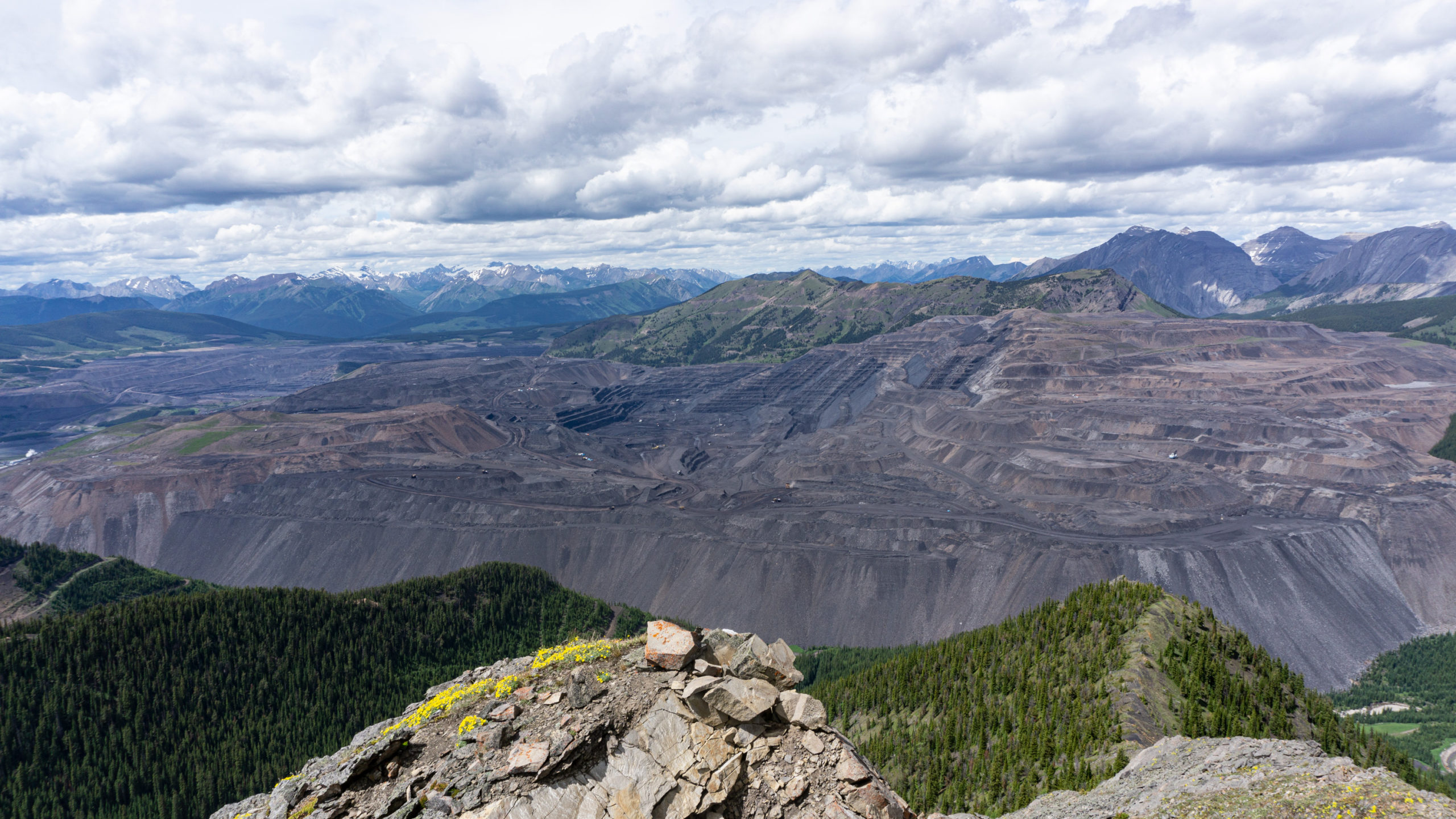A Wildsight-commissioned report estimates that clean-up of selenium run-off from Elk Valley mines could exceed $6.4 billion.
Wildsight officials said the report was completed by independent consulting firm Burgess Environmental Ltd, and calculated the estimated cost of implementing Teck’s current plan to build water treatment plants and operate them for 60 years.
“The $6.4 billion figure that Burgess Environmental has calculated is particularly concerning because it is vastly more than Teck’s $1.9 billion reclamation security is set at, meaning they’ve severely underplayed the problem and B.C. taxpayers stand to foot a multi-billion-dollar bill if anything goes wrong,” said Simon Wiebe, Mining Policy and Impacts Researcher at Wildsight.
Wiebe said Teck’s plan for controlling selenium runoff will not be enough.
“Teck’s current strategy, which this report’s calculations are based on, would only remove half of the selenium produced by current mining operations. Moving forward, more and more waste rock will be produced, leading to more selenium being released, possibly requiring even more water treatment facilities,” said Wiebe.
The environmental group said selenium concentrations have been rising in Canadian and US waterways due to pollution from coal mines in the Elk Valley.
“Selenium contamination from the Teck-owned mines has been a topic of increasing concern over the past decade, with concentrations consistently breaching both B.C. and Montana’s water quality standards,” said Wildsight.
The report only covers the estimated cost of part of the cleanup efforts.
“Our report calculates only the cost of remediating part of the selenium contamination in the Kootenay/ai watershed from the Elk Valley mines,” said Wiebe. “The true cost of cleaning up environmental damage from these mines will be far greater once land reclamation, groundwater remediation, treatment of other water contaminants, and monitoring are taken into account.”
The report followed Teck’s announcement of the sale of its Elk Valley coal mines to Swiss-based Glencore. The deal is currently under review by the federal government under the Investment Canada Act.
“We hope that both Glencore and the Canadian government will pay close attention to this report as they consider the sale, to ensure accountability for the selenium crisis is maintained throughout the transfer of ownership,” said Wiebe. “This is already an international environmental disaster, and it could still worsen.”
According to Wildsight, selenium concentrations have more than quadrupled in the Kootenay watershed over the last 38 years, and regularly exceed what is considered safe for humans and aquatic life.
“The watershed includes communities such as the B.C. city of Fernie, Lake Koocanusa on the Canadian-United States border, and water courses flowing through Montana and Idaho,” said Wildsight.
Wiebe said the report will be included in talks between Indigenous, provincial Canadian and US governments under the International Joint Commission.
More: Ktunaxa Nation pleased to see progress on addressing Elk-Kootenay Watershed pollution (Mar. 12, 2024)
Previous: Canadian and US governments commit to IJC referral on Elk-Kootenay watershed pollution (Mar. 11, 2024)




